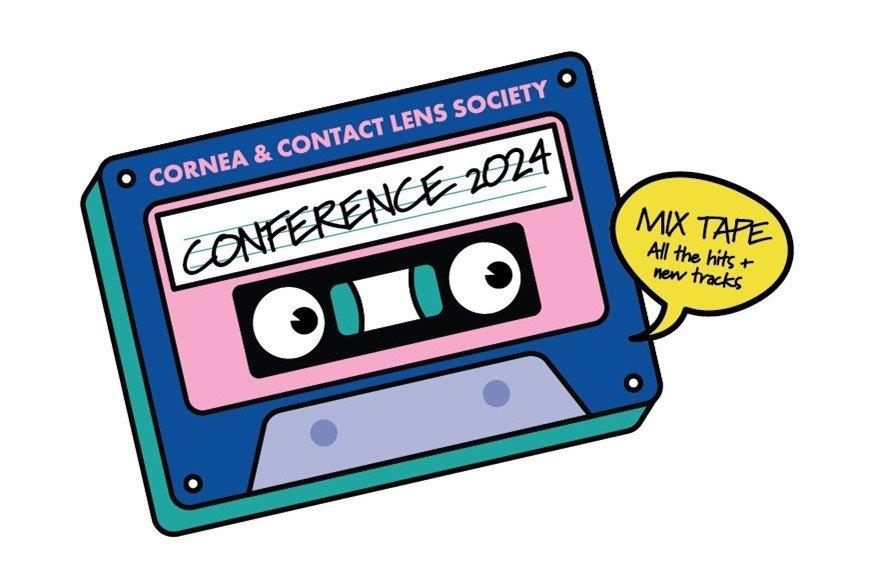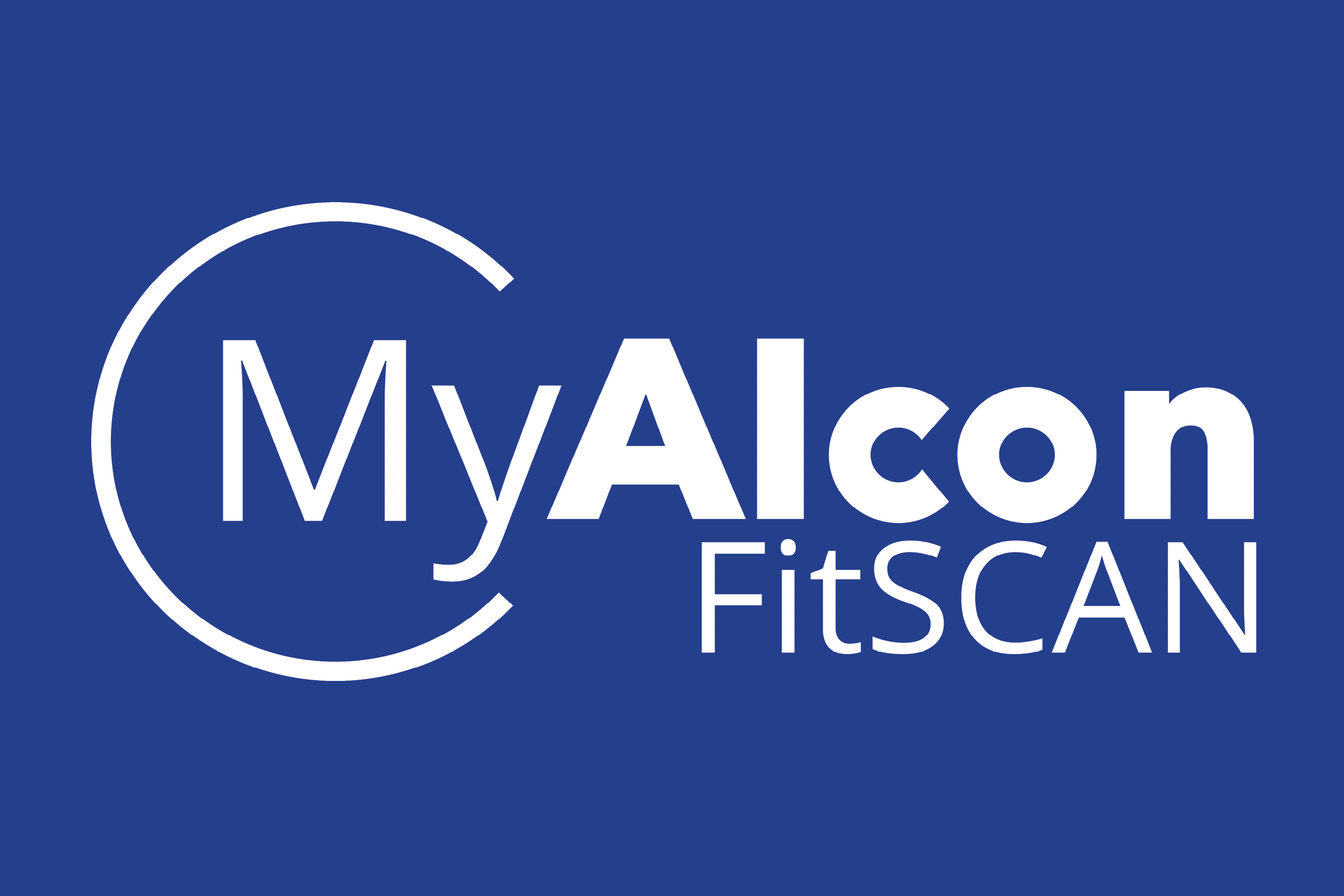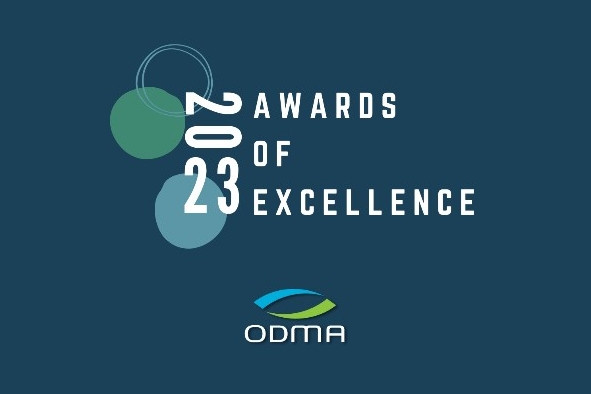ONZ tackles health insurers
Ophthalmology New Zealand (ONZ) is beavering away to improve relations with our health insurers to provide better care and more options for patients, while maintaining remuneration levels for members. We asked the board* to tell us more.
So, what is ONZ’s insurer policy?
ONZ has a multi-pronged strategy with health insurers to better support our members and their patients’ interests in a transparent but collaborative way. Over the years discussions with health insurers have been fragmented. Whilst we have had some representation within insures like Southern Cross Health Insurance (SCHI) in the past, often SCHI has gone to individuals for clinical advice and made decisions on this narrow sample of opinion.
To change this, we have formed sub-specialty committees, including ones on glaucoma and cornea, and have asked SCHI to bring its concerns to these groups. For example, SCHI recently asked our corneal subcommittee to review the criteria for corneal cross-linking. ONZ’s subcommittee put forward clinical requirements and suggestions which were agreed by SCHI’s chief medical officer and are now awaiting SCHI board approval.
How is ONZ working to change discrepancies? For example, Xen, which is funded publicly but not by SCHI?
The introduction of new technologies is a balance of efficacy and how a device or medication will be effectively employed. SCHI requires placebo-controlled, randomised, double-masked trials, the highest level of peer-reviewed clinical evidence. But many effective treatments have never been subjected to this level of scrutiny. For example, when there is clear evidence at a lower level of study, it becomes unethical to withhold treatment [while waiting for] a placebo-controlled trial and these trials are often difficult and unattractive for companies as they are more expensive to run.
This has been the case with XEN and also the Glaukos iStent, where sufficient published evidence has created a clinical mandate for treatment in some countries, putting pressure on others (such as New Zealand) to follow suit. Yet SCHI has no ophthalmologists with clinical experience with which to make these decisions. At ONZ, we are pushing for a model where we can act collaboratively to ensure patients have access to new technologies in a clinically-responsible fashion. This may involve negotiation to generate guidelines for usage and perhaps some pilot studies to confirm efficacy and define cost implications for their introduction to New Zealand.
SCHI also will not allow its members to pay additional amounts to access new technologies, despite the success of premium intraocular lenses, such as toric and presbyopia-correcting IOLs being completely accepted by members. ONZ firmly opposes this notion and believes it should be a member’s basic right to choose the treatment they feel suits them best and to fund additional costs out of their own pocket should they wish to do so.
ONZ will continue to push this point in negotiations with SCHI with [a view to releasing this] to the public to comment on should we not reach a suitable understanding, as we believe the public will find it abhorrent that a funder removes patients' choice where there is good clinical evidence for a particular treatment.
*The ONZ board comprises Drs Michael Merriman (chair), Kevin Taylor, Peter Hadden, Rebecca Stack, Dean Corbett and Shenton Chew. For more information, visit: www.ophthalmologynz.co.nz


























